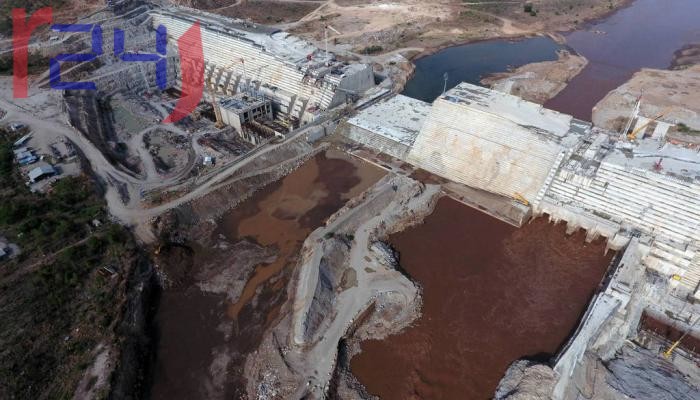Report
Ethiopia has rejected an Arab
League resolution calling on the United
Nations Security Council to intervene in a lingering dispute between Egypt,
Sudan and Ethiopia over a massive dam Addis Ababa is building on the Blue Nile,
the Nile River’s main tributary.
Foreign ministers of the
22-member bloc met in the Qatari capital Doha last week in the latest effort by
Cairo and Khartoum to reach an agreement on the filling of the Grand Ethiopian
Renaissance Dam (GERD). Ethiopia is pinning its hopes of economic development
and power generation on the dam. Egypt relies on the river for as much as 90
percent of its freshwater and sees the new dam as an existential threat. Sudan
is concerned about the operation of its own Nile dams and water stations.
“The Arab League of States should
know that utilization of the Nile waters is also an existential matter for
Ethiopia,” the East African nation’s foreign ministry said in a statement. “It
is about lifting millions of its people out of abject poverty and meeting their
energy, water and food security needs.
“Ethiopia is exercising its
legitimate right to use its water resources in full respect of international
law and the principle of causing no significant harm,” it added.
The three nations were close to
reaching a US-brokered accord last year, but Ethiopia walked out of a signing
meeting in Washington, accusing former President Donald Trump’s administration
of siding with Egypt.
The African Union (AU)
is mediating the dispute currently, and Cairo and Khartoum have repeatedly
called for the US, the EU, and the UN to mediate as well, but Addis Ababa has
rejected the idea.
The agreement would spell out how
the dam is operated and filled, based on international law and norms governing
cross-border rivers.
The dam is now 80-percent
complete and is expected to reach full generating capacity in 2023, making it
Africa’s largest hydroelectric power generator and the world’s seventh-largest,
according to reports in Ethiopia’s state media. The dispute centres on how
quickly Ethiopia should fill and replenish the reservoir and how much water it
would release downstream in case of a multi-year drought. The latest round of
AU-brokered negotiations in April failed to make progress.
The Arab League in its final
communique on Tuesday called on the UN Security Council to take “necessary measures” to launch
an “active negotiating process” aiming at reaching a deal within a specific
timeframe.
Egypt and Sudan said they sent
letters to the Security Council this month explaining their positions on the
dam. Both warned of dire repercussions to peace and stability in the Horn of
Africa without a deal.
In its statement,
Addis Ababa said it regretted attempts by Egypt and Sudan to “unnecessarily
politicize” the GERD negotiations and turn it into an Arab issue.
“The GERD is an African issue. The
disagreement between Ethiopia, Egypt, and Sudan can only be resolved through
good faith negotiations and compromise in the spirit of finding African
solutions to African problems.”

